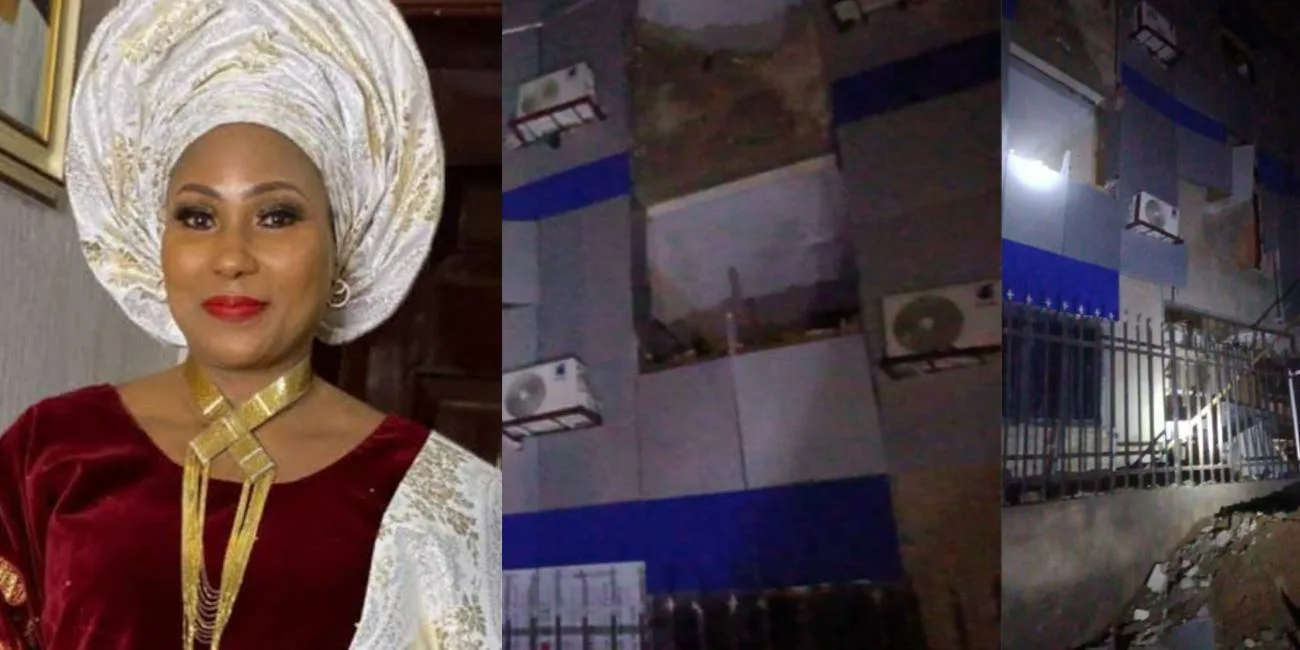PUNCH
In this report, OKECHUKWU NNODIM writes on how the prolonged subsidy on Premium Motor Spirit and other factors stalled the take-off of modular refineries in Nigeria
Nigeria’s dependence on petroleum products imports would have reduced considerably if all the licensed operators of modular refineries had developed the facilities.
Modular refineries are simplified refineries that require significantly less capital investment than traditional full-scale refineries.
The initial process, or Crude Distillation Unit, allows for simple distillation of crude oil into low-octane naphtha, diesel, kerosene and residual fuel oil.
In Nigeria, modular refineries are crude oil processing facilities with capacities of up to 30,000 barrels per day and are being built as part of plans to curb oil theft and promote peace in the oil-producing region of Niger Delta.
In May 2018, the defunct Department of Petroleum Resources said it granted licenses for the establishment of modular refineries to 25 investors.
It had explained in a statement that “There are three stages to acquire a license for operation. These are: License to establish, Approval to construct and License to operate.
“In 2002, from a total of 105 applications treated, 21 companies were granted Licence to Establish petroleum refineries. The LTE had a validity of 18 months. In 2004, in line with the refinery guidelines, an evaluation of the extent of engineering design work was done.
“17 companies of those previously granted LTE were granted Approval to Construct refineries, with a validity of 24 months.”
The department further stated, “Currently there are 25 licensed companies, with three billed to construct conventional stick-build plants and the remaining 22 as modular units.”
However, since 2018 when the defunct department announced that it had issued 25 licenses for modular refineries, only about four have been successfully completed and they include OPAC Refinery, Duport Edo Refinery, Walter Smith Refinery, and Niger Delta Refinery.
“Many of the refineries could not take off because of the unfavourable economic conditions. For instance, the prices of products were regulated (due to subsidy) and capped,” the Deputy Chairman of the Crude Oil Refinery Owners Association of Nigeria, Mrs Dolapo Kotun, told our correspondent.
She stated this in response to what had happened to the modular refinery licenses issued by the defunct DPR over the years. CORAN is a registered association of modular and conventional refinery companies in Nigeria.
Kotun, who is the Executive Director, Operations, Ikwe-Onna Refinery Ltd, and Chairperson, Downstream, Women in Energy, Oil and Gas, said, “Also, investments being made are in foreign currencies, but products are sold in naira.
“So, many licence holders could not secure funding within the two-year license time frame given. Due to this, some of the licenses need to be re-validated, unfortunately at the same cost paid for the original approval.”



